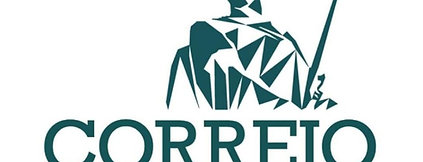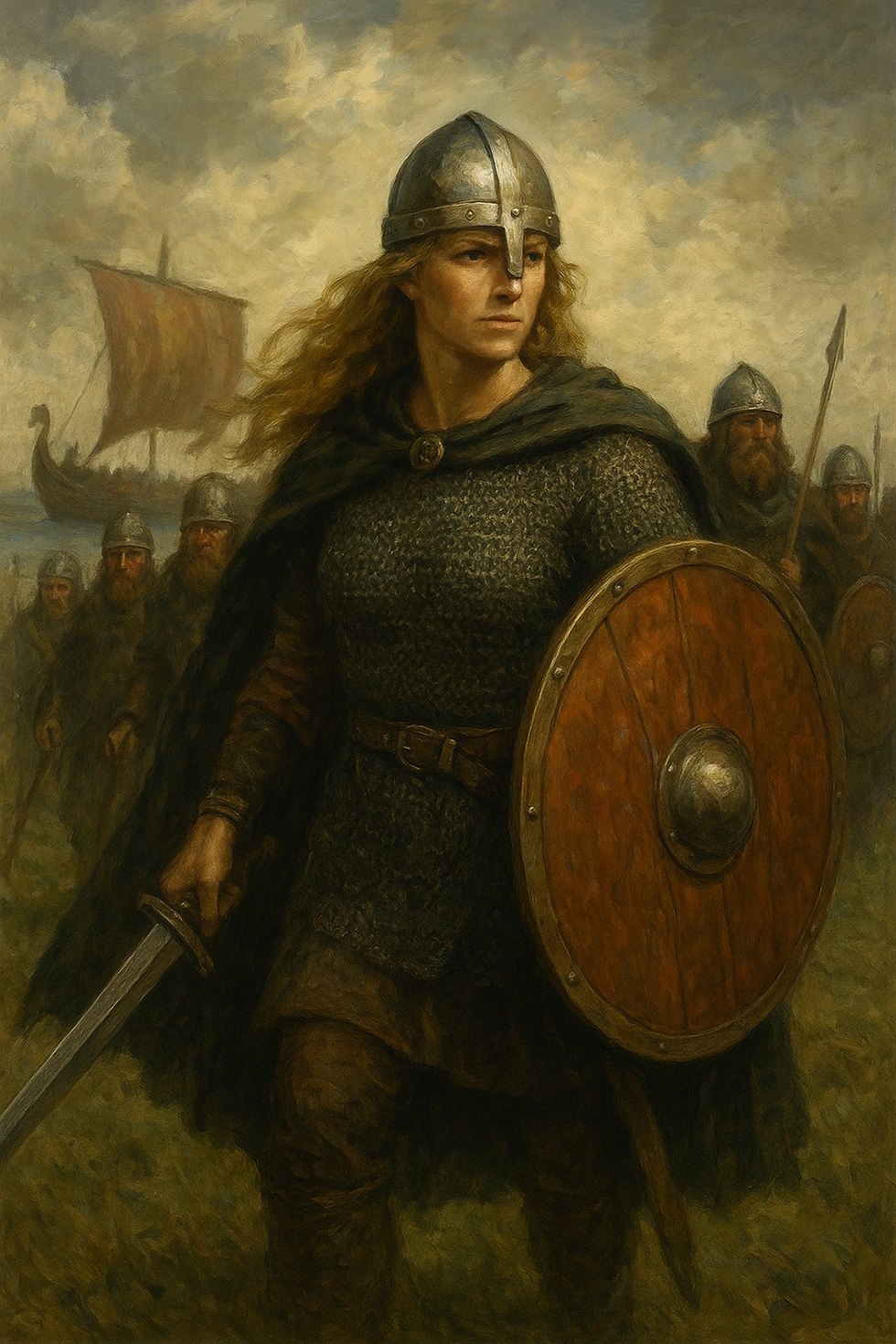Moorish words in our language (Portugal)
- correio_da_historia

- Sep 7, 2025
- 2 min read

The Portuguese language carries within itself the marks of almost eight centuries of Islamic presence in the Iberian Peninsula. Among the echoes of that coexistence remain the words we use today without thinking of their origin. The Arab heritage is not only in castles, walls, or southern cities. It also lives in the simplest and most everyday vocabulary.
The most famous example appears in oxalá. The word was born from the Arabic expression in shā’ Allāh, translated as “if God wills”. It became desire, hope, and prayer. In the twenty-first century, it still resounds on the lips of any Portuguese person who longs for a better future.
The prefix al immediately denounces its Moorish root. Alfaiate, almofada, alface, alfândega, almirante, alcachofra, algodão. The enumeration could fill entire pages. The Arabic definite article, equivalent to our “the”, left visible marks in words that designate trades, agricultural products, household objects, and even military ranks. Each term recalls that contact was not limited to war. There was also commerce, science, and practical knowledge.
Other words arrived more discreetly, without the prefix. Azeite, from az-zayt, became inseparable from the Portuguese table. Açúcar, from as-sukkar, changed eating habits and brought new sweets. Armazém, from al-maẖzan, entered the urban economy. Algarismo, heritage of Arabic mathematics, enabled advances in calculation. Xadrez, from shaṭranj, brought an oriental game that became a metaphor for strategy and power.
Astronomy also speaks Arabic. The skies Portuguese navigators observed received names transmitted by Islam. Algol, a star in Perseus, comes from al-ghūl, the demon. Aldebaran, in Taurus, from al-dabarān, the follower. Altair, in Aquila, from al-ṭā’ir, the bird. The very word nadir comes from naẓīr, opposite, and zenith from samt, direction. The scientific vocabulary that guided caravels in the Atlantic was impregnated with Arabic words.
Mathematics followed the same path. Terms like algebra, from al-jabr, mean reduction and reunion. Algorithm recalls the name of al-Khwarizmi, the Persian scholar whose treatises circulated in medieval Europe. The Portuguese language thus preserves the memory of an intellectual revolution that made it possible to calculate, measure, and explore the world.
In agriculture, words also bear witness to this heritage. Nora, an irrigation mechanism, comes from nā‘ūra. Azequia, irrigation channel, from as-sāqiya. The rural landscape of the Peninsula was shaped by techniques introduced during Islamic occupation, and vocabulary survived to remember it.
Each of these words functions as a living document. They reveal that peninsular history was not made only of conquests and reconquests but also of cultural encounters. Whoever today asks for a simple salad with lettuce and olive oil unknowingly repeats a gesture laden with centuries of coexistence between civilizations.
May we continue to recognize in these linguistic echoes not only memories of a distant past but signs that dialogue between cultures enriches and endures. The Portuguese language keeps these testimonies and offers them to each generation as memory and as promise.
Paulo Freitas do Amaral, Professor, Historian and Author





Comments